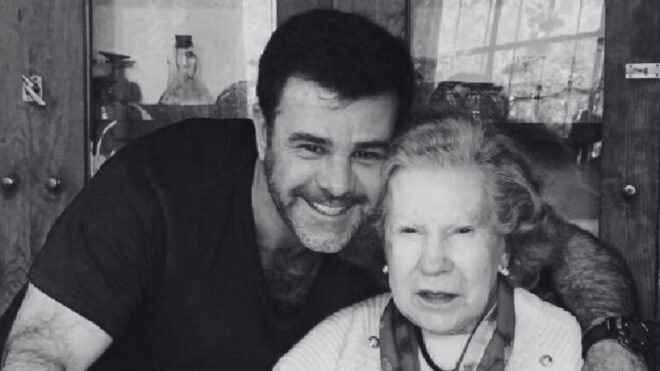A lot of people ask me about the Mediterranean diet and I wanted to discuss why this diet has been one of the favorites of cardiologists or heart surgeons. Those who live in the Mediterranean have some of the best life expectancies of anyone on the planet. This comes as a surprise to a lot of people because when we think of Mediterranean food, we tend to think of stuff like pizza and pasta. This isn't the kind of Mediterranean diet we're talking about. The true Mediterranean diet is very different and it has the ability to transform your body and change your life.
Read more ¿Qué más?: 14 Mouth-watering recipes perfect for any outdoor gathering
The Mediterranean diet embraces many of the best foods for us, including vegetables, fruits, nuts and fish. Putting cheese and grease on absolutely everything is a foreign take on the Mediterranean diet. Food that has been traditionally eaten in the Mediterranean is a diet mostly centered on necessity. People ate what was available locally, and what they were capable of producing for themselves. The fact that it would later be discovered to be one of the healthiest diets in the world was a happy coincidence.
Since the diet focuses around things that families and small communities can make for themselves, it avoids a lot of unhealthy inventions of other cultures, such as highly processed food that's massed produced in factories. The food the diet uses is not mass-produced, pumped full of chemicals or "flavor enhancers." It instead uses clean and healthy food that's good for the heart and body.
Research has shown that the Mediterranean diet reduces the risk of heart disease and increases life expectancy. It can also help prevent Alzheimer's, type 2 diabetes, risk of stroke, and Parkinson's.
So what does the diet consist of?
The most important part of this diet is fruits, vegetables, and nuts. Vegetables need to form the bulk of every meal. A moderate amount of nuts can help with protein and feeling satisfied, and some fruit after a meal offers a healthy dessert option. Beans, seeds, and herbs and spices can also be mixed in freely.
When it comes to meat, it uses a lot less than most western diets. In a lot of countries, meat is the main course of the meal, and vegetables are a side item. This needs to be reversed. Fish and other seafood should form the bulk of the meat consumed (fresh, basic seafood, not deep fried and covered in mayonnaise or tartar sauce).
Other sources of protein can include poultry, cheese, eggs and yogurt. Red meats and dessert items should be avoided, and should only be consumed on rare occasion.
The Mediterranean lifestyle is more than just a diet, though. People walk and work more actively instead of sitting at desk jobs. Part of the diet isn't just what you eat, it's staying active. Take up some hobbies that get you up and moving around if you don't already, and try to exercise and take walks more often.
Of course, before you start any diet, as good as it may look on paper, you should always consult your doctor. A diet that's good for some people (or even most people) may not fit the particular health needs of a particular individual. Before starting the Mediterranean diet, schedule an appointment with your and discuss if the diet is right for you.
This post was originally published on December 23, 2013.
Image via Thinkstock




